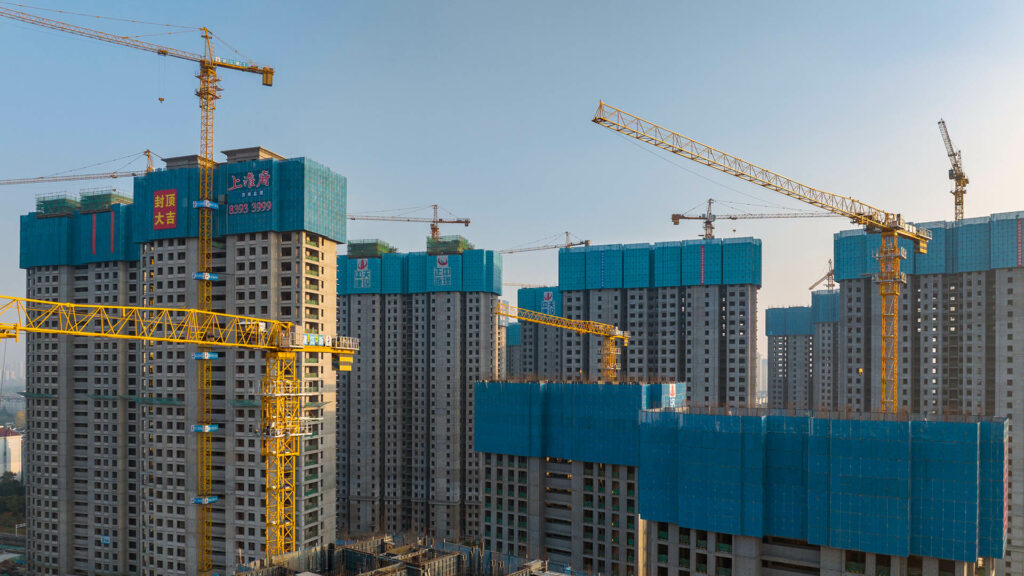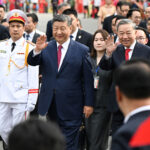|
Getting your Trinity Audio player ready...
|
China’s property market, a substantial pillar of the nation’s economy, requires further government support to avert a potential downturn, according to industry analysts.
Recent data signals a worrying trend with existing home prices plummeting in October at the sharpest rate since 2014, alongside the unprecedented decline in outstanding property loans, as highlighted by Larry Hu, Macquarie's chief economist.
Demand-Supply Drag and Looming Credit Risks
The concurrent decrease in existing home prices and property loans reflects mounting pressures on both demand and supply within the real estate sector.
While prior policy interventions aimed to boost demand, there remains a significant concern regarding credit risks associated with developers, which the government has yet to address adequately.
Macquarie’s report underscores the absence of a reliable lender of last resort, risking a confidence crisis where declining sales and escalating default risks reinforce each other, potentially impacting major developers significantly.

Government's Balancing Act and Industry Dynamics
Beijing's endeavors aim to curtail excessive debt reliance among real estate developers while controlling skyrocketing home prices, particularly in major cities.
UBS analysts highlight that real estate and related sectors account for approximately 22% of China’s GDP, a reduction from the higher 25% levels observed in recent years.
Despite multifaceted measures implemented since November 2022 to facilitate developer financing and lower mortgage rates, last month witnessed real estate giant Country Garden defaulting on a U.S. dollar bond, hinting at persistent industry challenges.
Lingering Concerns and Policy Responses
Nomura analysts highlight an estimated 20 million unsold but sold units across China, showcasing a significant inventory of properties yet to be completed. The drop in existing home prices, particularly in major cities, underlines the sector’s persisting turbulence, challenging earlier market optimism about property stimulus policies.
In response, high-level signals from policymakers, notably the People’s Bank of China’s recent meeting with financial regulators, aim to infuse support. This initiative intends to facilitate lending to "operating normally" real estate developers, emphasizing affordable housing development and the prevention of credit extension contraction at year-end.
Navigating Fragile Growth and Market Responses
Amid a challenging economic landscape, analysts believe the meeting's emphasis on sustaining real estate financing and addressing debt resolution among local government financing vehicles (LGFVs) will curb escalating risks.
Though acknowledging the necessity of an accommodative monetary environment, experts believe additional support is vital to uplift private sentiment.
Shares of major property companies, including a notable 5.9% rise in developer Sunac's Hong Kong trading, responded positively to these signals, reflecting market optimism amid ongoing industry uncertainties.







